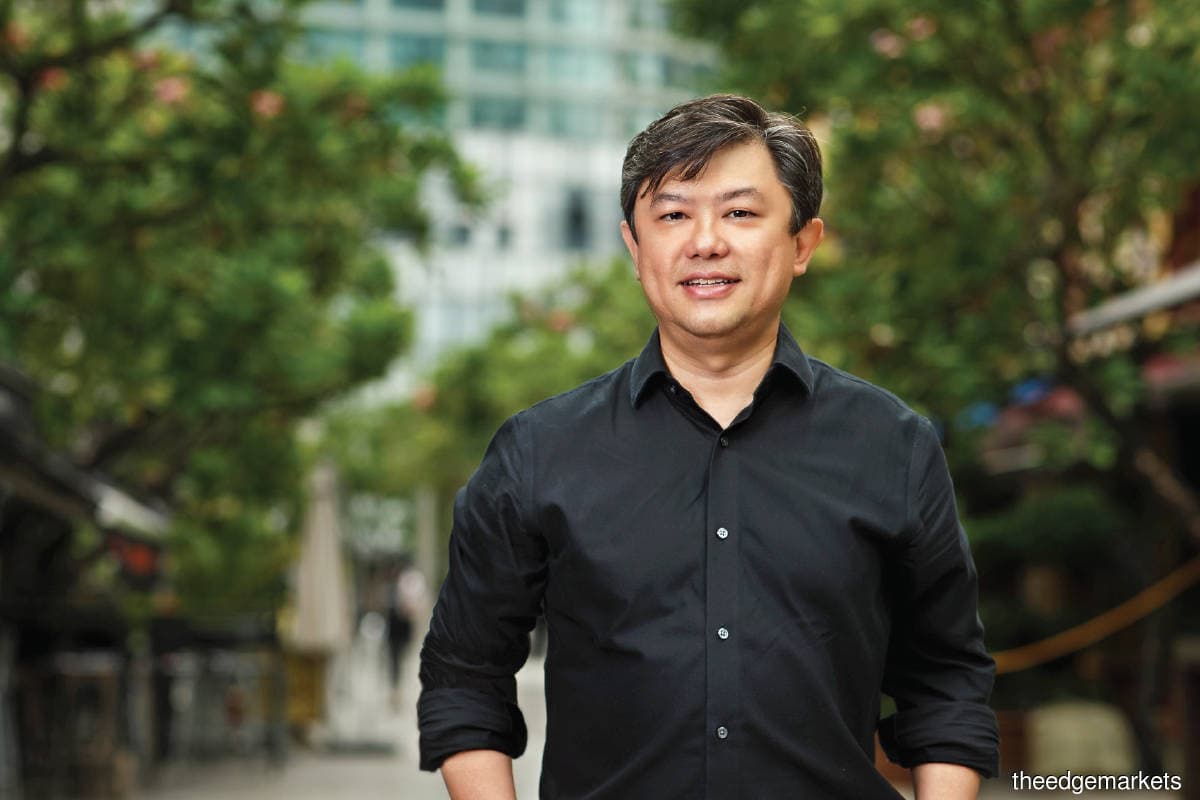
This article first appeared in Digital Edge, The Edge Malaysia Weekly on November 16, 2020 - November 22, 2020
As an experienced player in the Southeast Asian tech scene, Monk’s Hill Ventures (MHV) co-founder and managing partner Lim Kuo-Yi has seen his fair share of start-ups. He was CEO of Infocomm Investments, a Singapore government-backed venture capital fund that specialises in global tech firms, before he co-founded the Singapore-based regional venture capital firm in 2014.
Many start-ups make the same mistake when approaching a venture capitalist (VC), says Lim. They don’t understand what this type of funding typically entails.
“They need to be clear about what kind of business they want to build, and not just raise funds from VCs because it is fashionable. Not all businesses are meant for venture capital investments,” he points out.
“VCs come with certain expectations. For instance, they expect the start-up to have a fast-paced and high-intensity growth path.”
The entrepreneurs also need to examine whether they can demonstrate the kind of returns expected by VCs, he adds. “They should have conversations around why this [investment] is a big opportunity. How would it allow them to grow from zero to X% in a short period of time? Does it make sense for them?”
In addition, entrepreneurs should view VCs as partners rather than just investors. “Many entrepreneurs feel like they have to keep their investors happy. Oftentimes, it makes them overly optimistic and less transparent about their challenges and almost evasive about bad news. I think the mindset should be that we are putting different things on the table as partners, so let’s work on this together,” says Lim.
MHV invests in early-stage tech companies in Southeast Asia and is backed by global institutional investors and family offices. Its portfolio includes logistics player Ninja Van, digital health start-up Jio Health, education tech start-up ELSA and human resources tech start-up GoGet.
A key element that Lim focuses on when choosing portfolio companies is the quality of the founders. “They must think big and execute what is in front of them. They need to be able to do both at the same time in a very thoughtful and methodical way,” he says.
Good time to raise funds?
The pandemic and subsequent lockdowns in various countries have led to expectations of recessions and a weak global economy. Some businesses have failed, while others have thrived.
Despite the challenging environment, Lim believes that entrepreneurs should still look for investors if they have conviction in their business models. “In fact, I don’t think it is a bad time to start a business. When all the noise goes away, your ability to solve a problem [and generate a solution] will be sought after,” he says.
Nevertheless, it will be harder to secure funds, he adds. “Investors will ask you how you will be able to see your business through in the near term, assuming that the economy may be depressed in the next year and customers may not be willing to try new things.”
Entrepreneurs have to handle two scenarios, says Lim. One is the near-term scenario of a depressed economy and weak consumer sentiment. The other is more long term, assuming that the economy gets back on track.
“There will be questions asked about your product such as why you think it will be a good fit for the market in the short term. And assuming things return to normal soon, how can your product make it big in the market?” he says.
MHV has been actively investing this year. For instance, in October, it invested in Malaysia-based on-demand workforce platform GoGet. It has also invested in Indonesia-based tech-enabled logistics start-up Logisly and Taiwan-based regional travel experience platform KKday.
The investment in KKday was made as MHV expects traveller demand to bounce back when leisure travel is possible again. The start-up has managed to expand its user base in the midst of the pandemic as it has seen a surge in demand for domestic travel, according to a press release it issued in September.
“We have never been more excited than in the last three to six months, largely because the entrepreneurs we see truly believe in what they do. Their conviction has never been clearer,” says Lim.
“The pandemic has also reduced a lot of noise as it has removed the tourist-type entrepreneurs. We will continue to be actively investing out of a new fund that we closed last October.”
Save by subscribing to us for your print and/or digital copy.
P/S: The Edge is also available on Apple's AppStore and Androids' Google Play.


